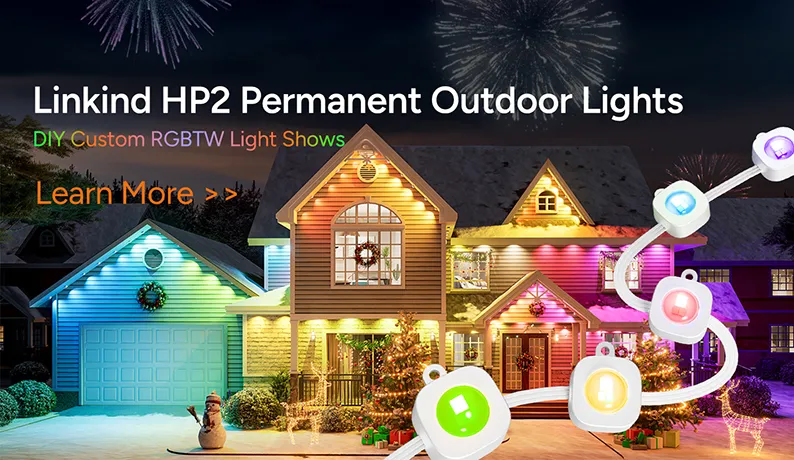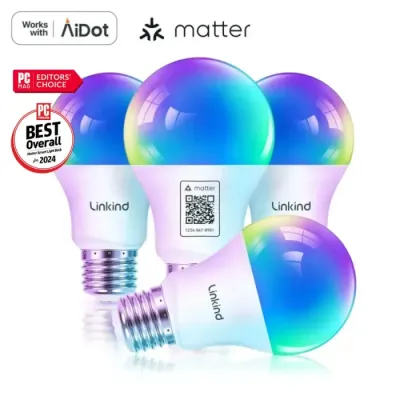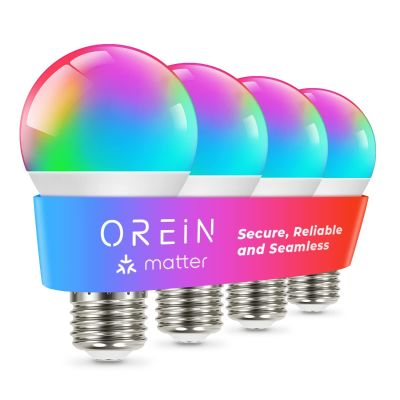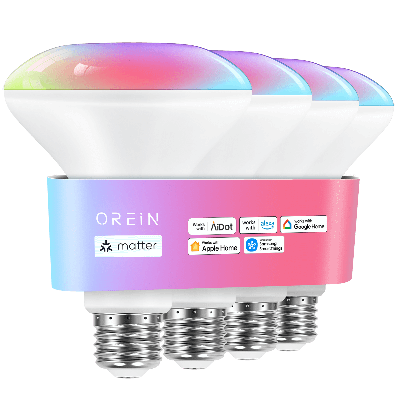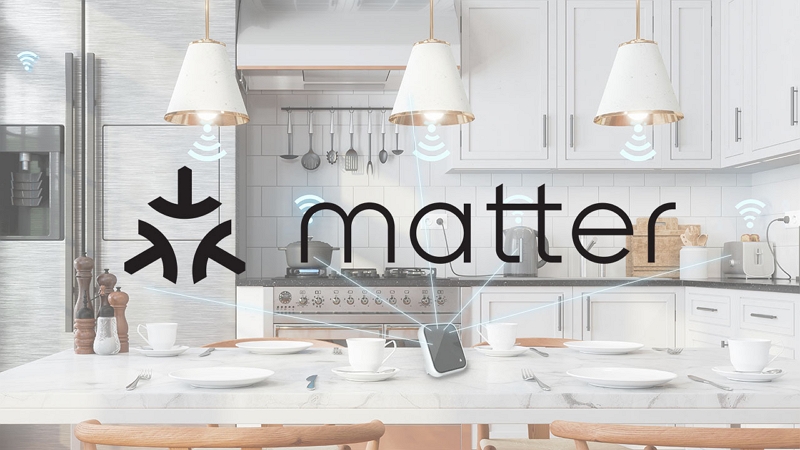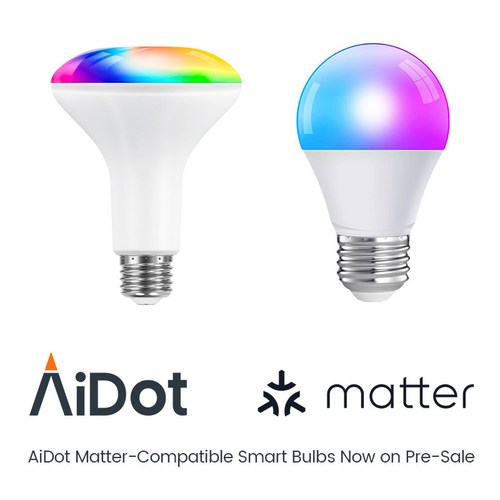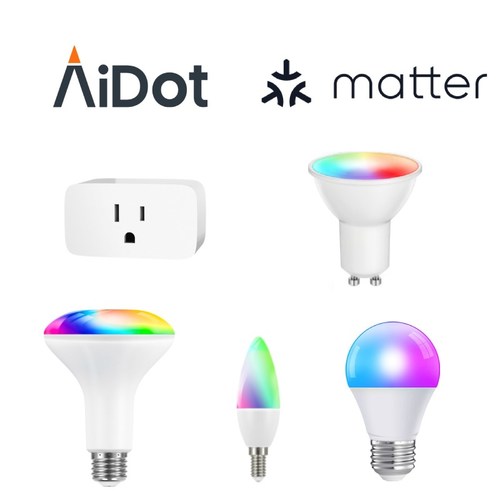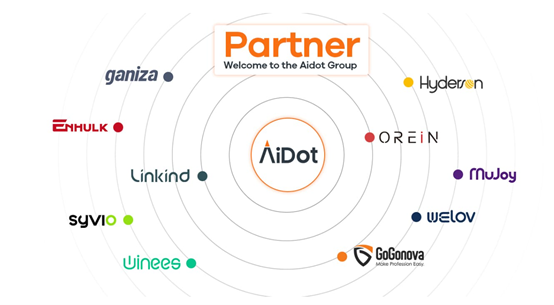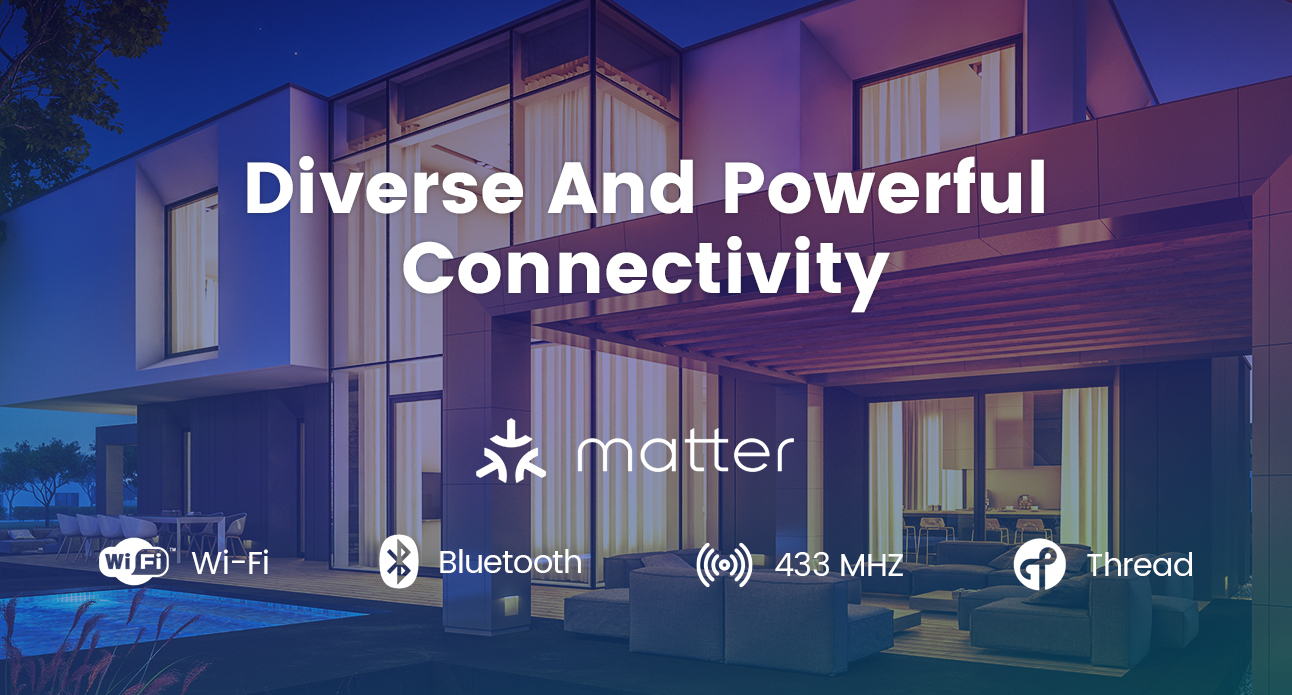When searching for a new smart home device, you have probably noticed that many devices work across various different types of protocols such as Thread. If you have shopped recently, you may have also noticed that many devices now function using Matter Protocol. For consumers that don’t need to stay up to date on the details behind technology, this may be confusing. Which is better, Thread or Matter? In this article, we will take a look at these two protocols in depth.
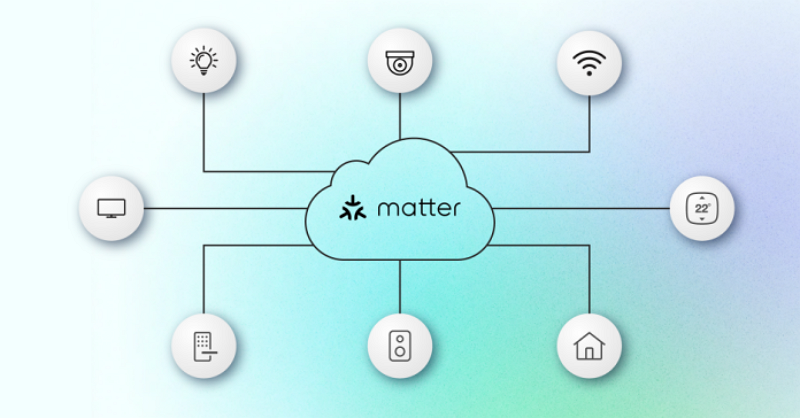

Part 1. Is Matter the Same as Thread?
People who are familiar with Thread may assume that Matter is simply another term for technology. However, the two are quite different. The major commonality is that both are networking protocols. A networking protocol is essentially a system of rules that determine how data is transmitted across a network.
When it comes to your smart home, network protocols are important for many reasons. They help to determine how devices are able to communicate with one another. Without them, communication cannot occur. In addition to this fact, network protocols are important for things like data security and privacy.
Thread vs. Matter: Their Origins
Thread Protocol was created in 2015 by Nest Labs, a company that has since become a part of Google. It is currently overseen by a consortium known as the Thread Group. It utilizes a central controller that is able to communicate with up to 250 devices across a network. Thread has been commonly used with things like light bulbs, door locks, and thermostats.
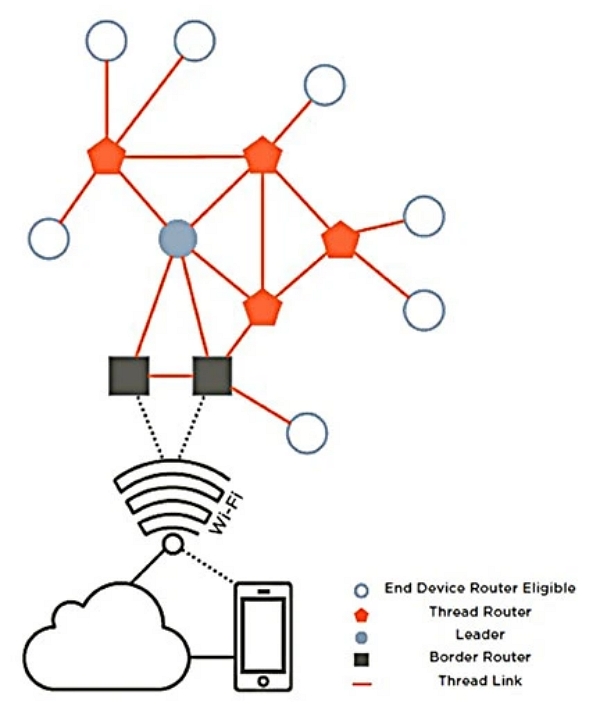

Meanwhile, Matter Protocol is more novel. It was created in 2019 by the Project Connected Home over IP working group, more commonly known as CHIP. This is a group that included a partnership between companies like Amazon, Apple, and Google. The major goal of this project was to identify a standard, convenient way for devices to communicate with smart home systems.
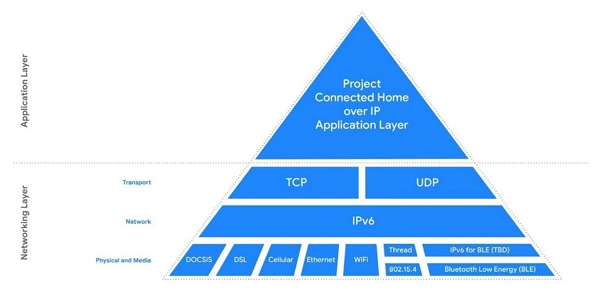

Part 2. Thread vs Matter: What Are the Differences?
While it is easy to understand that Thread and Matter are both methods through which internet-enabled devices are able to communicate with one another across a network, that doesn’t explain the difference when considering Thread vs. Matter. Let’s explore some of the major differences between these two technologies.
Scalability
Both protocols provide fairly good scalability, particularly if you are only looking for a home and not a business. Thread is able to handle up to 250 devices on a network. However, Matter far surpasses that as it is able to connect to 65,536 devices, providing far more support. This makes it ideal for large applications.
Reliability
Both Thread and Matter are designed to be very reliable. Thread is built using the 802.15.4 mesh networking protocol, which has a long track record of functionality. Meanwhile, Matter was designed based on the Zigbee 3.0 standard, which provides an added benefit as this has been widely adopted within the industry.
Security
Security is an increasingly important consideration when hooking up smart home devices. When comparing Thread vs. Matter, there is a distinct difference here. Thread uses the AES-128 encryption process, which is fairly secure. However, Matter uses the AES-256 process, which provides a much higher level of encryption. This is known as a zero-trust approach and is the industry standard.
Compatibility
Thread is compatible with a wide range of devices. However, Matter is governed by the Connectivity Standards Alliance, which includes virtually every major company in the smart home industry. This alliance includes Amazon, Apple, Samsung, Google, ADT, Belkin, Tesla, LG, iRobot, and many other major companies. Based on this, the vast majority of devices produced going forward will be expected to work with Matter.
Part 3. Can Matter Work without Thread?
While Thread and Matter both have strong benefits for their abilities, you may be wondering if you need both of them. After all, Matter seems to provide the most substantial benefits in nearly every category. Can Matter function without Thread? After all, Thread requires a border router (or a smart home hub that has a border router built-in).
The good news is that Matter was designed in a way that will allow it to work quite well without Thread. This is because Matter was designed to work utilizing both Thread as well as Wi-Fi. Thus, if you do not have the capability to use Thread, you can still utilize Matter over your existing Wi-Fi. This means you would be able to connect your devices using Matter even if you do not have the ability to do so using Thread.
Part 4. Thread vs Matter: Better Together
While being able to connect devices using Matter alone is a useful feature, the reality is that using Thread and Matter together provides many more benefits. Matter was designed in a way that allows it to be used over an existing Thread network. This allows you to get all of the benefits of Matter while also getting the benefits of Thread.
Expanded Network
Using Matter with Thread allows Matter to take advantage of Thread’s mesh network design. A mesh network is one where all devices can communicate with one another. This makes each device an access point on a network and can extend a network further across your home. This is far better than connecting through a singular Wi-Fi router, which may make it difficult for every device in your home to have enough signal to function.
Low Power Optimization
Some devices are best when used with a low-power solution. The most notable among these are those operated with batteries, which often include things like door locks and smoke detectors. Thread is designed to work efficiently with low-power devices, helping to extend their battery life. This means you’ll have to change batteries far less frequently.
Ease of Connection
With Thread having a longer history in the smart home industry and being designed to allow devices to communicate with one another, having both Thread and Matter can assist in providing an easier setup process when you first connect to a new device.
Bonus: Take the First Step Towards Matter Now!
If you want to add the convenience and effectiveness of Matter to your smart home, look no further than AiDot Matter Version Smart WiFi RGBW Light Bulb for the perfect solution for smart lights. With our products, you will get many benefits, including the following:
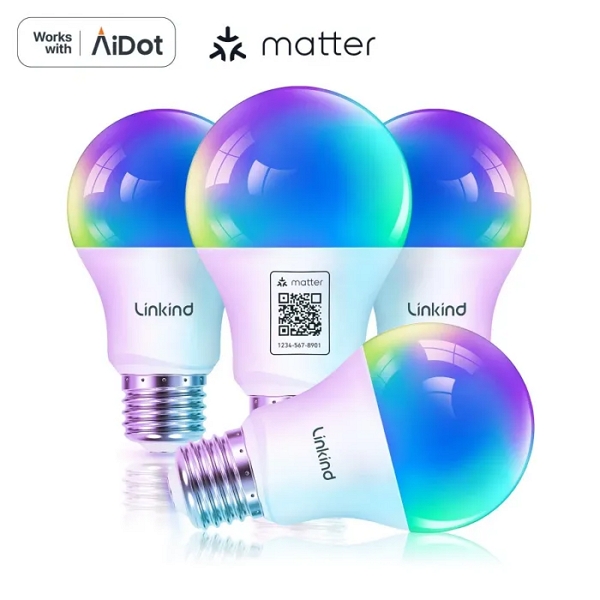

- Compatible with All Matter Platforms
- DIY You Own Color & Music Scene
- Convenient Voice & Group Control
- Set Schedule Based on Your Routine
- Eye Care & Low Blue-Ray Hazard
[Bonus Now]: Here is an exclusive coupon code only found in blog posts. Save it now (AiDotBG01) and get 10% off at AiDot mall!
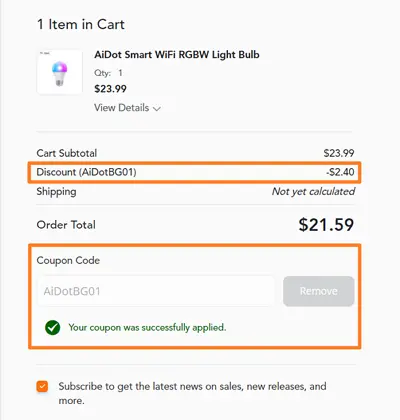

Conclusion
In conclusion, when evaluating Thread vs. Matter, there are benefits to both. While Matter has many impressive features, leveraging both Thread and Matter is a great way to provide excellent optimization for your smart home. Trust AiDot to continue providing high-quality Matter compatible smart lighting solutions!











